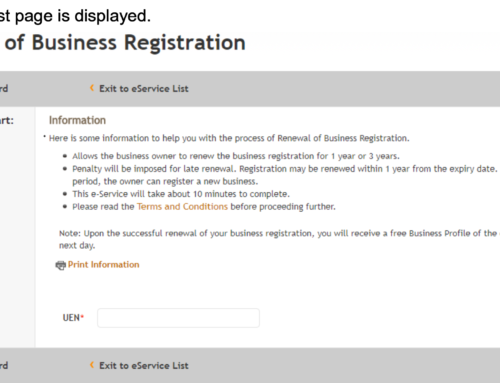According to the Companies Act of Singapore, all businesses must be registered with the Accounting and Corporate Regulatory Authority (ACRA). One of the types of businesses in the city-state is called a private limited company. It is a kind of incorporated company with a separate legal identity. Because of the said feature, a private limited company can file charges and be charged under its name.

Pros and Cons of a Private Limited Company
Pros
Limited Liability
In case the private limited company has debt and losses, the only liability by the shareholders is only up to the amount they individually invested. Their personal assets, the salary earned as an employee of the company, real estate properties, etc. are safe from liquidation if insolvency occurs.
Tax Benefits
Private limited companies are tax efficient because there are many benefits to enjoy. Companies can take advantage of schemes, rebates and policies. If a company earns a profit of up to 300,000 SGD, the corporate tax is below 9%. Once it exceeds the said amount, the corporate tax is at 17%, which is already the limit.
Ease in Ownership and Share Transfer
The fluidity of how you can sell or transfer shares or change stakeholder percentages is a great advantage especially if you have members who want to retire or passed away. You can also easily transfer in part or wholly your company to another owner.
Attracts Investors
For individuals who need funds, banks and investors are more than willing to lend them money for starting their business. There are also other means to finance a company. Selling shares, running a crowdfunding campaign, getting angel investors and venture capital are some of the ways to obtain funds.
Cons
Strict Regulations
Private limited companies usually have to conform to stricter government laws and regulations than other types of companies. In Singapore, for example, you have to follow the conditions written in the Companies Act.
Difficult to Liquidate
If ever you feel you need to liquidate your company, you might find it difficult to find buyers due to the high legal compliance procedures.
Complex Accounting and Auditing Requirements
Generally, the cost of setting up a private limited company is greater that the other two You need to keep meticulous records of all your financial transactions. You also need to generate Income Statement, Balance Sheet and Statement of Cash Flows annually.
You must submit records for audit to the income tax department when necessary. Any diversions in the records can lead to hefty fines and even legal proceedings. Your tax liability can also sometimes be higher than expectations.
Necessary Employees
Most requires private limited companies to have at least one director and one company secretary. You also need to file Annual Returns and Director’s Reports to the concerned departments.











Leave A Comment